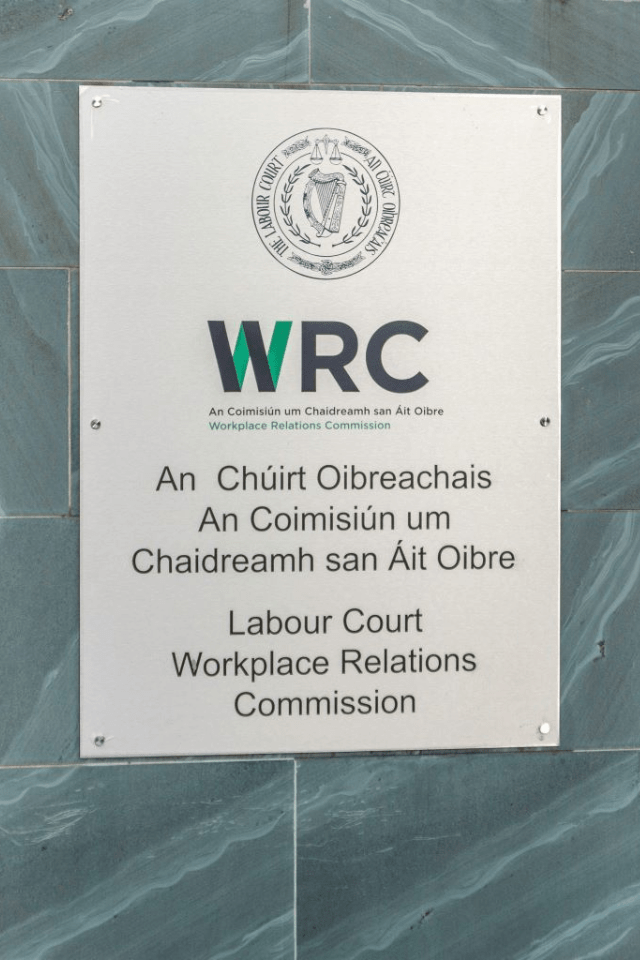Introduction
The Workplace Relations Commission (WRC) has ruled that a transgender volunteer was discriminated against by a youth group after it voted to exclude him from working with younger children because of his gender identity. The tribunal awarded the volunteer €5,000 in compensation for breaches of the Equal Status Act 2000.
This decision highlights the importance of equality, respect, and proper handling of sensitive personal information in voluntary and community organisations.
Case Background
The volunteer, known only as Mr E, had been living as a male for more than a decade after his transition. He volunteered with the group for around 18 months before discovering that a committee meeting had discussed his gender identity, which had been disclosed “inadvertently” by another leader.
Concerns were raised by some members that parents might remove their children if a transgender person led their groups. As a result, the committee voted to allow Mr E to volunteer only with older age groups.
One leader present described the discussion as “discriminatory” and later resigned from the organisation.
WRC Findings
Mr E argued that the committee’s actions amounted to unequal treatment based solely on his gender identity. The WRC adjudication officer agreed, finding that:
- Mr E was subjected to discrimination on the grounds of gender.
- He was treated less favourably solely due to being transgender.
- Sensitive personal information had been disclosed inappropriately.
However, the WRC did not uphold separate claims of harassment and victimisation.
In determining the award, adjudication officer Orla Jones considered the youth group’s limited funding as a voluntary organisation, but emphasised that compensation must still serve a “dissuasive” purpose.
Compensation Awarded
Mr E was awarded €5,000 for the effects of the discrimination.
While the amount reflects the organisation’s voluntary nature, the ruling makes clear that discrimination on the basis of gender identity is unlawful, even in volunteer-run groups.
Key Takeaways for Organisations
This case reinforces several important lessons for organisations, especially those working with volunteers or the public:
- Equality Laws Apply Broadly – The Equal Status Act protects against discrimination in services, including voluntary and community groups.
- Confidentiality Matters – Sensitive personal information, particularly around gender identity, should never be disclosed without consent.
- Training Is Essential – Equality and diversity awareness should be prioritised for staff and volunteers to prevent similar breaches.
- Inclusive Practices Build Trust – Ensuring all volunteers and service users are treated fairly strengthens an organisation’s reputation and culture.
Conclusion:
This ruling serves as a reminder that discrimination has no place in Irish workplaces, schools, or voluntary groups. Upholding equality is not just a legal obligation but also a commitment to fairness and respect.
At Employment Matters, we help individuals and organisations understand their rights and responsibilities under employment and equality law.
👉 If you’ve experienced discrimination or need advice on compliance, contact us today.


